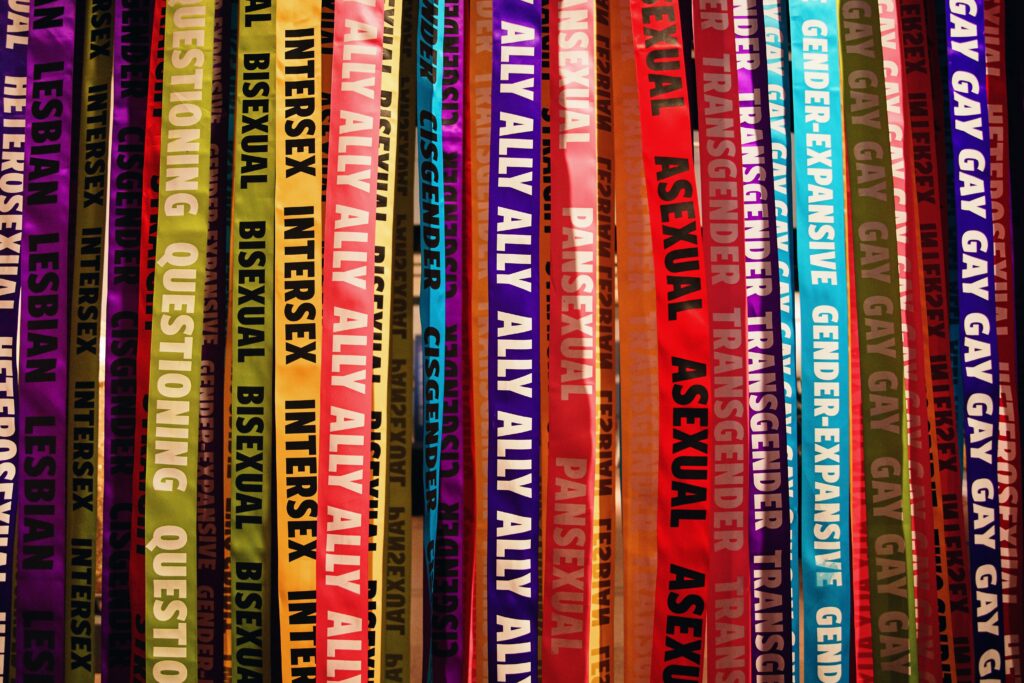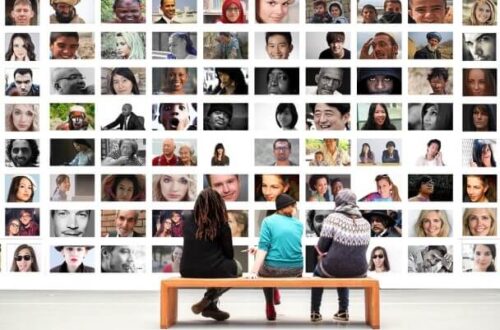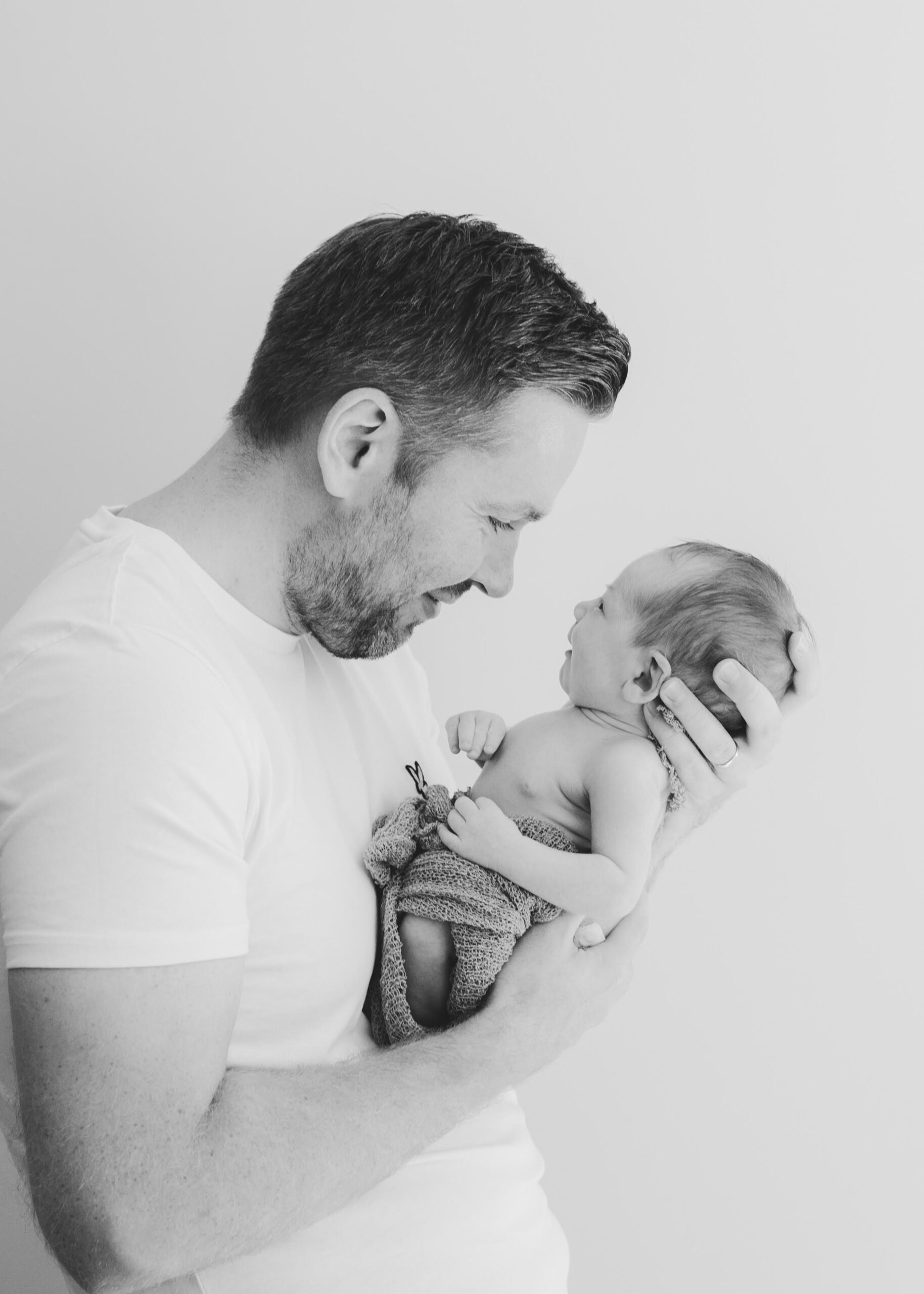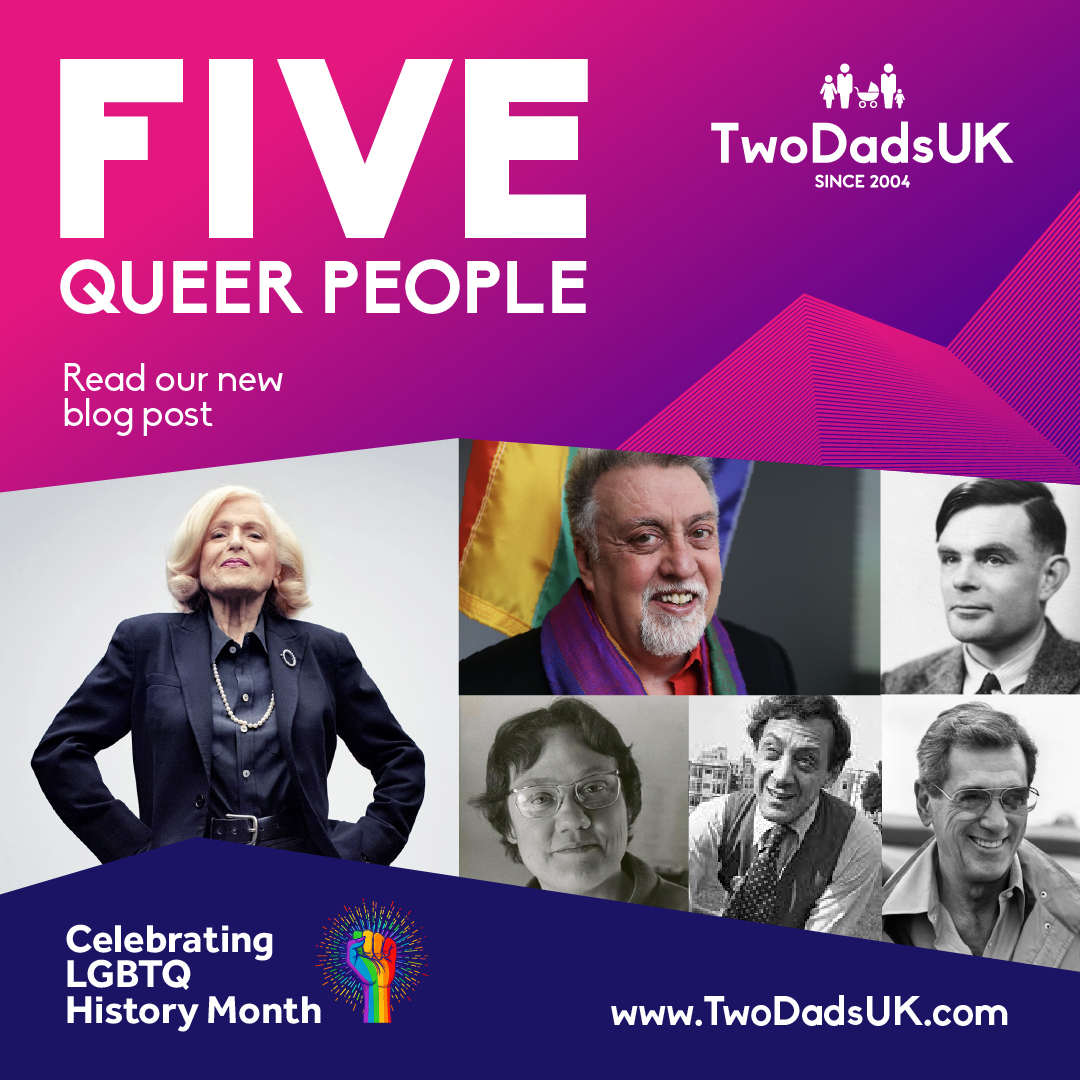
5 queer people you should have been taught about at school (but you probably weren’t)
Special Edition for LGBTQ History Month 2022
By David Lowbridge-Ellis
Having been educated in the age of Section 28, which prohibited the ‘promotion’ of homosexuality in English schools until 2003, I wasn’t taught any LGBTQ+ history. As someone who started teaching the year Section 28 was finally repealed, I’ve made it my mission to make sure future generations of pupils don’t leave school as ignorant about queer history as I was. So brace yourself! We’re going back to school to learn about five influential and inspirational individuals we should have been taught about the first time around…
William Shakespeare (Favourite subject at school: English)
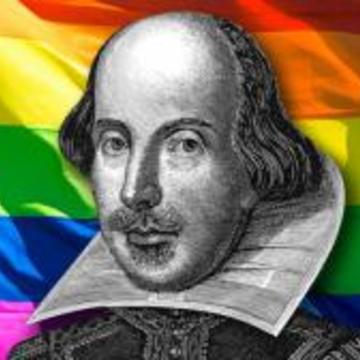
You’ll know the name but did you know he was queer? If the answer is ‘no’ then I apologise on behalf of my profession. Because the simple truth is: your teachers failed you.
Personally, I don’t know how any teacher can teach Shakespeare properly without looking at his texts through queer lenses. No wonder so many people leave school not liking Shakespeare.
Not only do his plays and poems continually subvert gender norms, but many of his male/male and female/female relationships can only be understood in terms of ‘they’re more than just friends, right?’. And then there’s the frequently hushed-up fact that he addressed most of his best love sonnets (certainly the steamiest ones!) to a man (or several men).
In a 2020 edition of Shakespeare’s Sonnets, Paul Edmonson and Stanley Wells (THE Shakespeare scholar in my book) categorically stated that Shakespeare was – to use a modern label – bisexual.
Anyone who says otherwise doth protest too much.
Sophie Wilson CBE (Favourite subject at school: Computing)
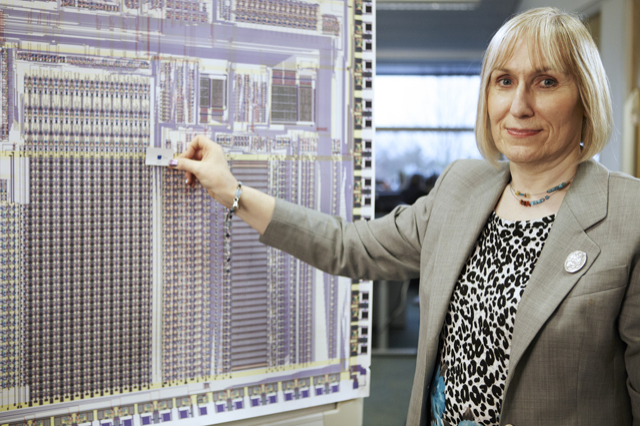
You may not have been taught about her, but chances are that a descendant of one of her inventions is making it possible to read this article. Wilson, a trans woman, invented the ARM processor, which made computers less power-intensive. Perfect for smaller devices such as mobile phones. Yep, the vast majority of today’s smartphones are reliant on her invention.
And this is just one of her many legacies. Anyone who went to school in 1980s Britain may remember using a BBC Micro computer. Wilson not only wrote its programming language but even wrote the manual! Now in her mid-60s, Wilson is a director of multi-billion dollar tech firm Broadcom.
Emile Griffith (Favourite subject at school: PE)
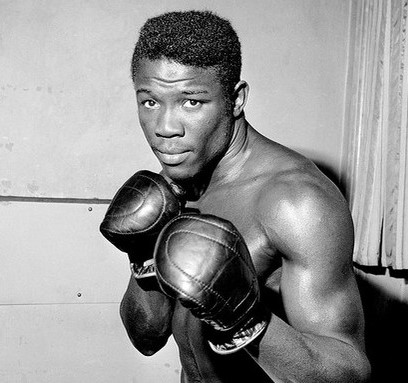
I’ve lost count of the number of queer people over the years, especially gay and bisexual men, who have told me they were put off sport at school because they didn’t feel like they fit in with activities they saw as unapproachly hypermasculine. Masculinity is not off limits for queer people of course. Even so, stereotypes linger like the smell of a sweaty changing room after PE.
It doesn’t get much more hypermasculine than boxing. So pupils are usually surprised when I tell them that one of the most successful and accolded boxers of all time was bisexual. Emile Griffith was only candid about his sexuality later in life but he endured homophobic taunts from early in this career in the rink. One opponent made the mistake of taunting him just before a fight and paid the ultimate price: Griffith punched him so hard he died. When talking with impressionable children, I’m always careful to throw in a disclaimer at this point: ‘I’m not advocating violence as a solution to intolerance, kids’. Indeed, Griffith felt guilt for the rest of his life about accidentally killing his opponent. But Griffith’s story is an inspiring one nonetheless: it shows that your sexuality does not have to determine your career options and interests.
Florence Nightingale (Favourite subjects at school: Science and maths)
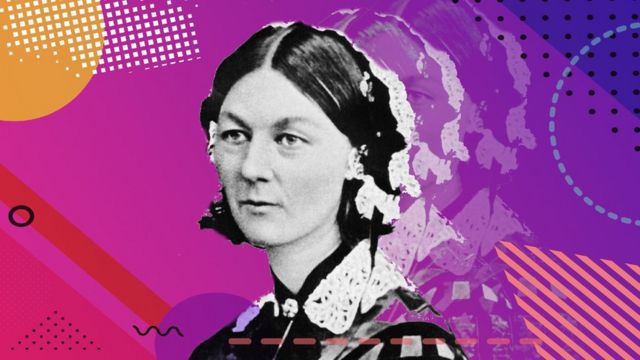
Think ‘Florence Nightingale’ and your next thought is probably ‘nurse’. But this doesn’t really represent the sum of her achievements. While the woman who would become know as the ‘lady with the lamp’ did more than her fair share of rounds tending to the wounded in the Crimean War, she made an even bigger contribution to the lives of soldiers by training her own army of nurses in approaches which essentially became the template for modern nursing. After the war, Nightingale vociferously and eloquently campaigned for healthcare reforms and a lot more. She was so persuasive because she backed up her points with clearly-presented statistics that were difficult to argue against. Florence was so good with stats that she became the first ever female member of the Royal Statistical Society in 1858. She was especially good at representing data visually: a type of histogram is named after her.
While being careful about retrospectively ‘outing’ someone, many modern historians cite evidence – including repeated broken engagements to men – which intimates that she was a lesbian, bisexual or asexual. Of the few intimate remarks in her own hand she left behind, there is one which jumps out: “No woman has excited passions among women more than I have.”
Pyotr Ilyich Tchaikovsky (Favourite subject at school: Music)
Tchaikovsky was, of course, gay.
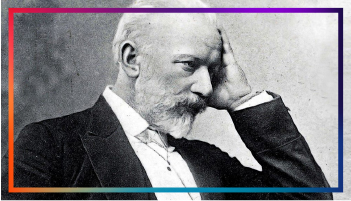
Not that any of my music teachers ever told me that, although his works featured frequently on the music curriculum, as they still do to this day. Unbelievable really. Even not-exactly-friend-of-the-gays President Putin acknowledges Tchaikovsky was gay!
Tchaikovsky wrestled with his homosexuality throughout his life. He married a woman in a bid to ‘cure’ himself and deflect rumours, but the marriage was very short-lived. It didn’t help that he had fallen in love with his nephew at the same time. It’s the consensus of contemporary critics, including John Suchet (author of the excellent Tchaikovsky: The Man Revealed), that Tchaikovsky channelled his feelings about his relationship woes and conflicted sexuality into his works. You can hear this in his music, especially in the doomed romance of Swan Lake. The deservedly famous production by ballet impresario Matthew Bourne makes this longing explicitly, beautifully gay.
David leads on school improvement for a multi-academy trust in the West Midlands. He has worked with numerous organisations to undo the damage Section 28 wrought on queer lives, regularly trains other leaders on how to make their schools inclusive and has written extensively on the topic. He has been happily married to Antony since 2015 and they have three cat babies. You can find him on twitter @davidtlowbridge
